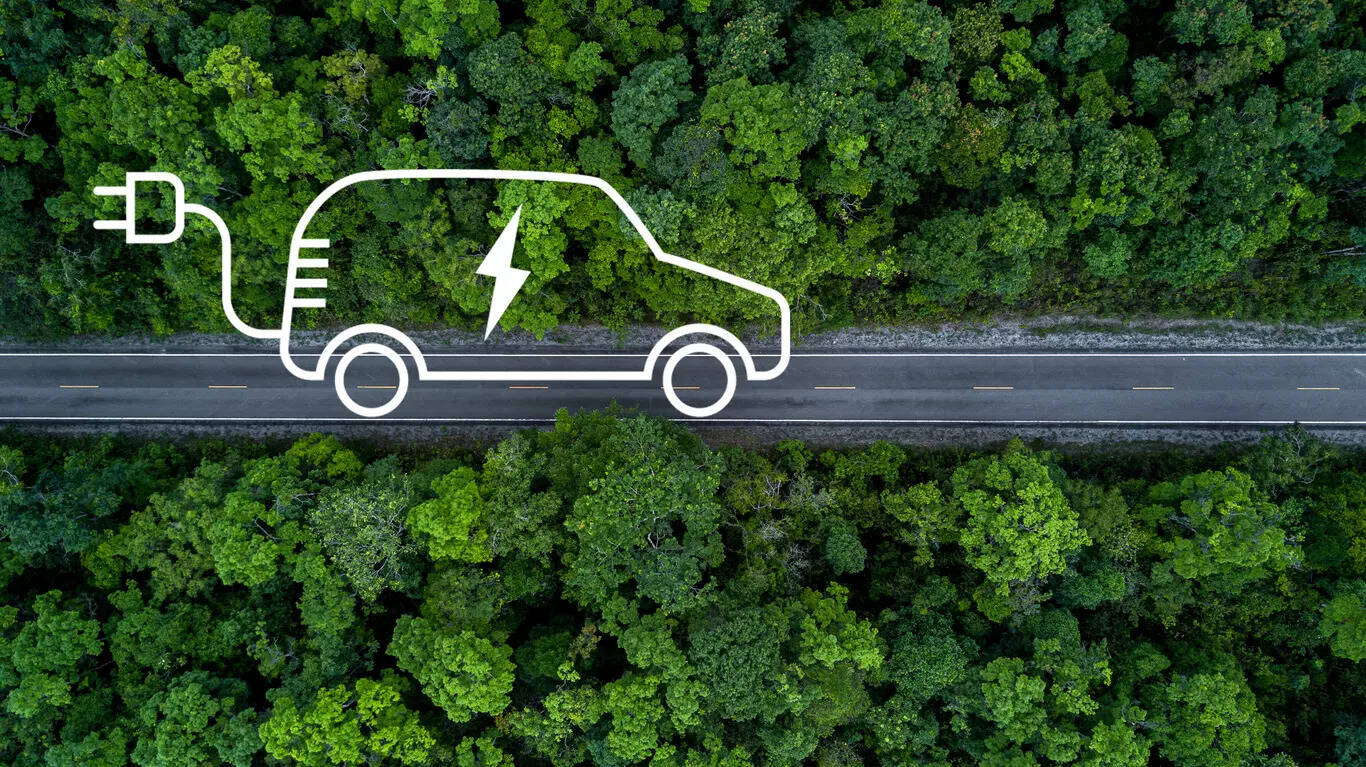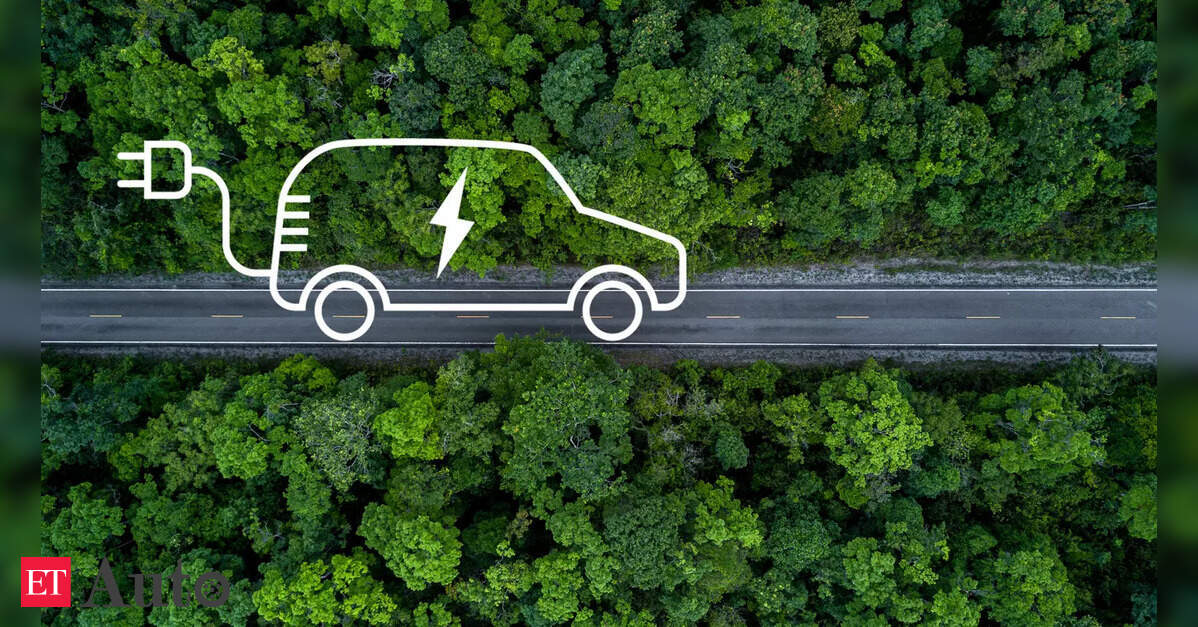
The world leader in the adoption of electric cars, wants to completely phase out its sales tax (VAT) exemption for zero-emission vehicles by 2027, the government announced Wednesday.
In its proposed 2026 budget, the Labour government wants to lower the price threshold at which new electric vehicles are subject to VAT from 500,000 kroner ($49,000) currently to 300,000 kroner.
Then, the VAT exemption would be abolished entirely by 2027.
VAT in Norway is set at 25 per cent for cars.
As the Labour government is in the minority, the proposal still needs to be approved by its partners in parliament before being passed.
“We had set the goal that all new passenger cars would be electric by 2025, and with a share of 95 per cent electric vehicles this year, one can say that the goal is practically achieved,” Finance Minister Jens Stoltenberg said in a statement.
“That is why the time has come to phase out the incentives,” he added.
The government argues that zero-emission cars will remain comparatively financially attractive as it also plans to increase a one-time tax on purchases of fossil-fuel vehicles.
While being the largest oil producer in Europe outside Russia, Norway boasts the highest adoption rate of electric cars in the world.
In September, electric cars accounted for over 98 per cent of new registrations, bringing the monthly average since the beginning of the year to 95 per cent of new vehicles.
“Whether new or used, the price of electric cars will increase significantly,” Christina Bu, Secretary General of the Norwegian EV Association, told broadcaster TV2.
She criticised the proposal as “terrible news for climate policy” and called for a more gradual phase-out of subsidies.
The government noted that the VAT exemption currently represents around 17.5 billion kroner in lost tax revenue.>



